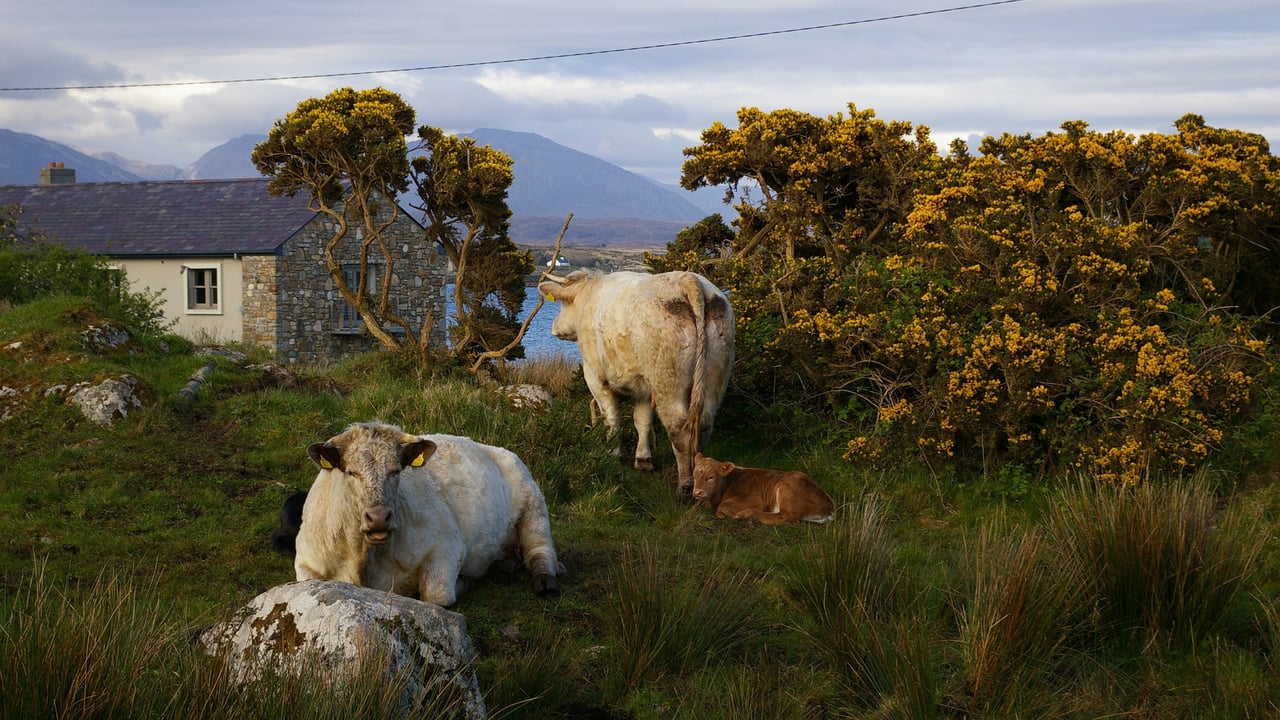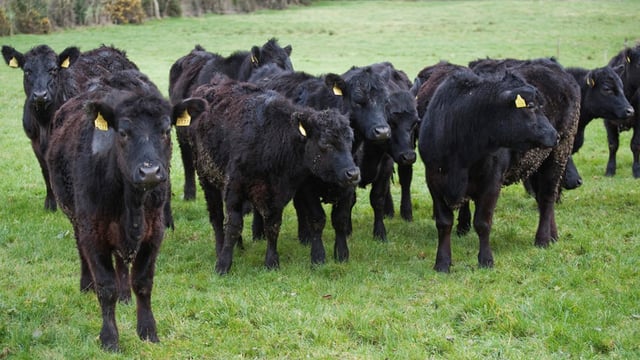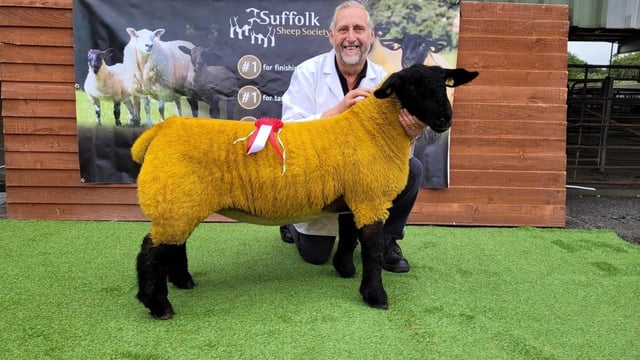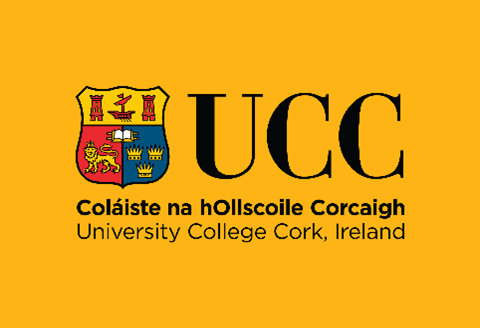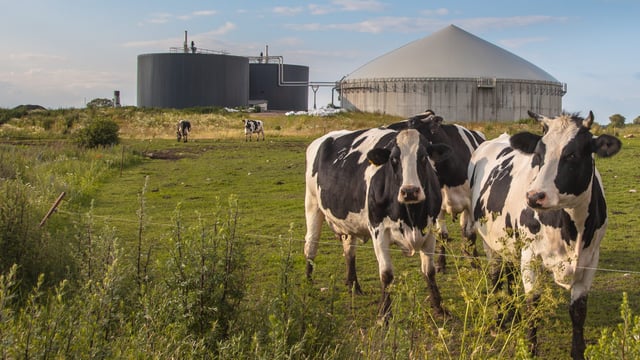Ireland moves beyond initial development phase of a bioeconomy
Ireland is now moving beyond an initial development phase when it comes to creating a bioeconomy, Minister of State at the Department of Agriculture, Food and the Marine (DAFM), Martin Heydon has said.
Since 2018, the DAFM has invested €25 million in bioeconomy research, including diversification of protein resources and new biomass streams, and producing new biopesticides and biofertilisers.
As Ireland moves to the mobilisation phase in the bioeconomy development process, Minister Heydon has launched the Bioeconomy Ireland Week 2022 today (Monday, October 17).
The DAFM aims to develop a Bioeconomy Action Plan for the period 2023-2025, the minister with special responsibility for research and development, farm safety and new market development said. He commented:
"This will focus on enabling the development of transformation pathways to develop the bioeconomy as a green, sustainable, and circular business model, underpinned by science, technology, cooperation, and innovation.
Speaking at a Bioeconomy Research Symposium in the DAFM’s Backweston Campus in Celbridge, Co. Kildare, Minister Heydon said research investment has supported the advancement of the knowledge and innovation base to develop the Irish bioeconomy.
Under this year's theme "All Voices Together", a range of activities and events will take place from today until Sunday (October 23). In person and online events as part of the Bioeconomy Ireland Week 2022 include, for example:
Events will showcase how the natural environment can be utilised in a sustainable and circular way to help achieve a prosperous society for primary producers, industry, researchers, children and other citizens.
The bioeconomy plays an important developmental role in achieving climate neutrality and environmental, economic, and social sustainability, according to the DAFM.
A bioeconomy encompasses all sectors and associated services and investments that produce, use, process, distribute or consume biological resources, including ecosystem services.
A national policy statement published in 2018 complements sectoral policies and enables the design of transition pathways, while the EU Bioeconomy Strategy provides the policy framework for the deployment of a bioeconomy in Europe.

